In a technology world where chips are considered the “new gold”, the story of Megaspeed – a small data company based in Singapore – is becoming the focus of global technology attention.
The incident began when Huang Le - CEO of Megaspeed appeared at events with Jensen Huang, CEO of Nvidia, and then suddenly the company was investigated for suspected involvement in distributing AI chips beyond the permitted scope. Behind that is a bigger problem: how to control the flow of advanced technology in the era of artificial intelligence?

Megaspeed is said to have purchased billions of dollars worth of Nvidia chips – graphics processors capable of training complex AI models – through partner companies and shipped them to its data center in Malaysia, according to The New York Times and Tom's Hardware.
Since then, the company has provided remote “AI compute” services to customers in many Asian countries, including China.
That is, instead of selling physical chips, Megaspeed allows businesses to access computing power over the network – a model that is technically legal, but also makes it difficult for regulators to determine who is actually using the equipment.

The New York Times said that Huang Le helped China access Nvidia's AI chips.
The US Commerce Department has now opened an investigation to determine whether Nvidia chips are being used in compliance with export regulations. Inspectors who inspected Megaspeed’s data center in Malaysia said hundreds of GPUs were still in their boxes, never put into operation.
The company insists all operations are in compliance with the law, that no shareholders or customers are restricted, and that Nvidia has inspected them “multiple times without finding any violations.”
However, managers still want to verify more closely the supply chain, because in the semiconductor industry, a chip can "go through" dozens of intermediate points before reaching the end user.
Commenting on the issue, Nvidia representatives confirmed that there was no evidence that chips were being smuggled to China. According to spokesman John Rizzo, the company has been “working with the US government ” regarding Megaspeed. The company also confirmed that Megaspeed is “entirely owned and operated by a company headquartered outside of China, with no Chinese shareholders.”
Rizzo stressed that Nvidia visited Megaspeed’s facilities and found no evidence of chips being shipped to China. He concluded that the company “operates small-scale commercial cloud services” in compliance with US export control regulations.
However, the invisible doubts surrounding Megaspeed still make the technology world question the line between legality and reasonableness in providing advanced technology.
Because unlike commodities, AI chips are assets that can generate superior power – in processing power, data, and innovation. As the provision of computing power becomes “computerized,” physical boundaries seem to blur: who owns the chip, who controls it, and who has access?
Megaspeed is not alone in this model. Several other intermediary companies in Singapore, Hong Kong and Malaysia are also developing “AI Cloud” services with a similar mechanism – buying chips from legitimate manufacturers, building server clusters, and then renting out processing power.
While this is a way for small businesses to access high technology without having to invest in huge infrastructure, it also creates a gap in global technology oversight.
Nvidia – the world’s leading AI chipmaker – now supplies more than 80% of the GPUs used in AI data centers, according to Mercury Research. The company is under intense pressure to ensure its products are distributed in compliance with regulations.
The emergence of intermediary customers like Megaspeed reflects the growing complexity of the semiconductor supply chain: a chip can be manufactured in the US, distributed through Singapore, installed in Malaysia and operated by a user in another country.
Some experts say that, rather than focusing solely on restricting where chips are sold, the future solution may be functional management – controlling how they are used.
Chipmakers are experimenting with “anti-tamper” technology using digital IDs or remote management software to ensure GPUs only operate in approved environments, but this approach is still experimental and controversial.
Observers say the Megaspeed incident is a reminder that the world needs a more unified global technology regulatory framework, especially for impactful technologies like AI and semiconductors.
As the lines between hardware, software, and computing services continue to blur, models like Megaspeed will become more prevalent.
Returning to CEO Huang Le, Megaspeed initially listed her as CEO, before removing her name from the documents. The company's current director is from Singapore but lives in Shanghai.
It is unclear when Jensen Huang and Huang Le, who are not related, first met. According to the story, while attending a party with tech CEOs at a bar in Taipei, Ms. Le called Huang and he immediately showed up wearing his familiar leather jacket. The Nvidia CEO was accompanied by two other executives, who had planned to attend the party in advance.
Source: https://khoahocdoisong.vn/cong-ty-mua-hang-loat-chip-cho-thue-khien-nvidia-gap-rac-roi-post2149060419.html



![[Photo] Solemn opening of the 1st Government Party Congress](https://vphoto.vietnam.vn/thumb/1200x675/vietnam/resource/IMAGE/2025/10/13/1760337945186_ndo_br_img-0787-jpg.webp)




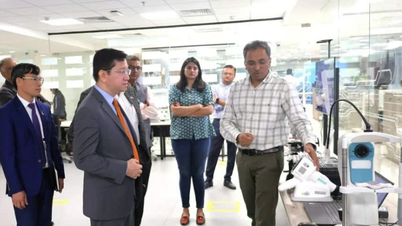


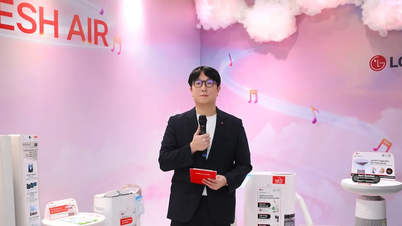















![[Photo] General Secretary To Lam attends the opening of the 1st Government Party Congress](https://vphoto.vietnam.vn/thumb/1200x675/vietnam/resource/IMAGE/2025/10/13/1760321055249_ndo_br_cover-9284-jpg.webp)

























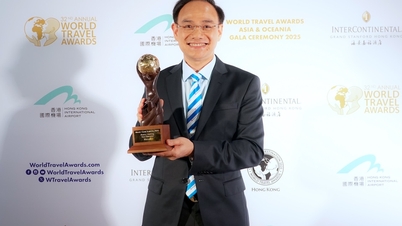



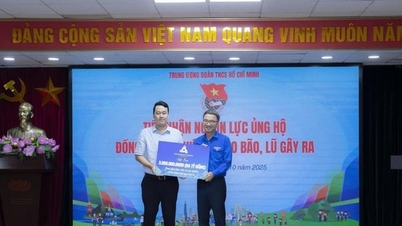

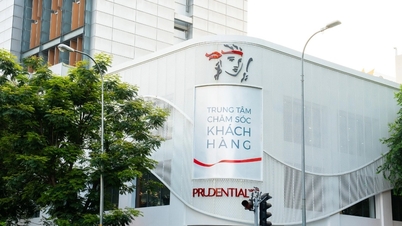
















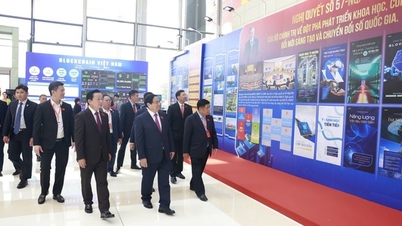
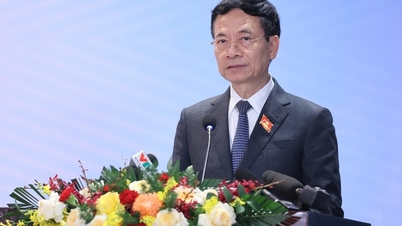


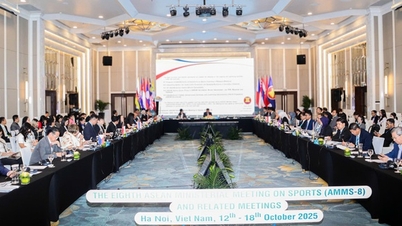


























Comment (0)